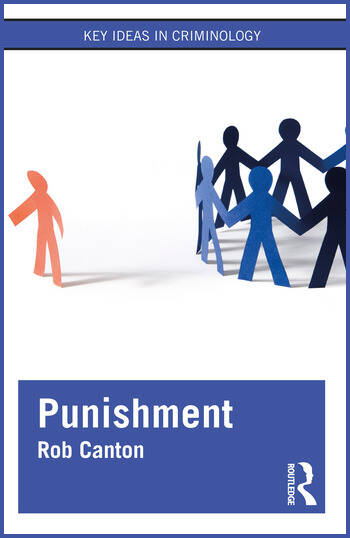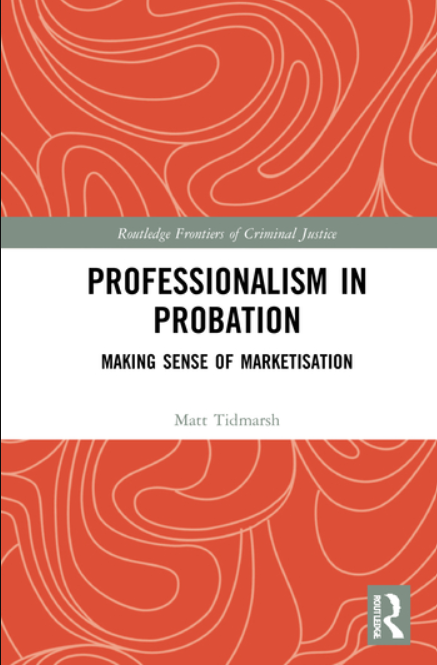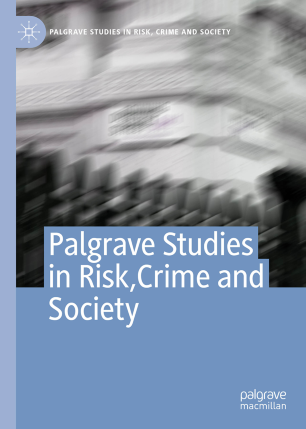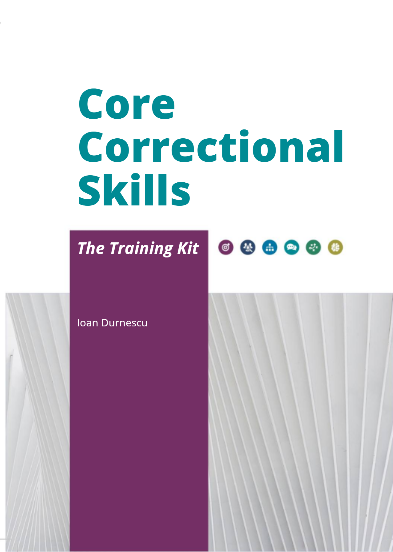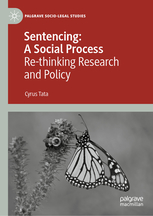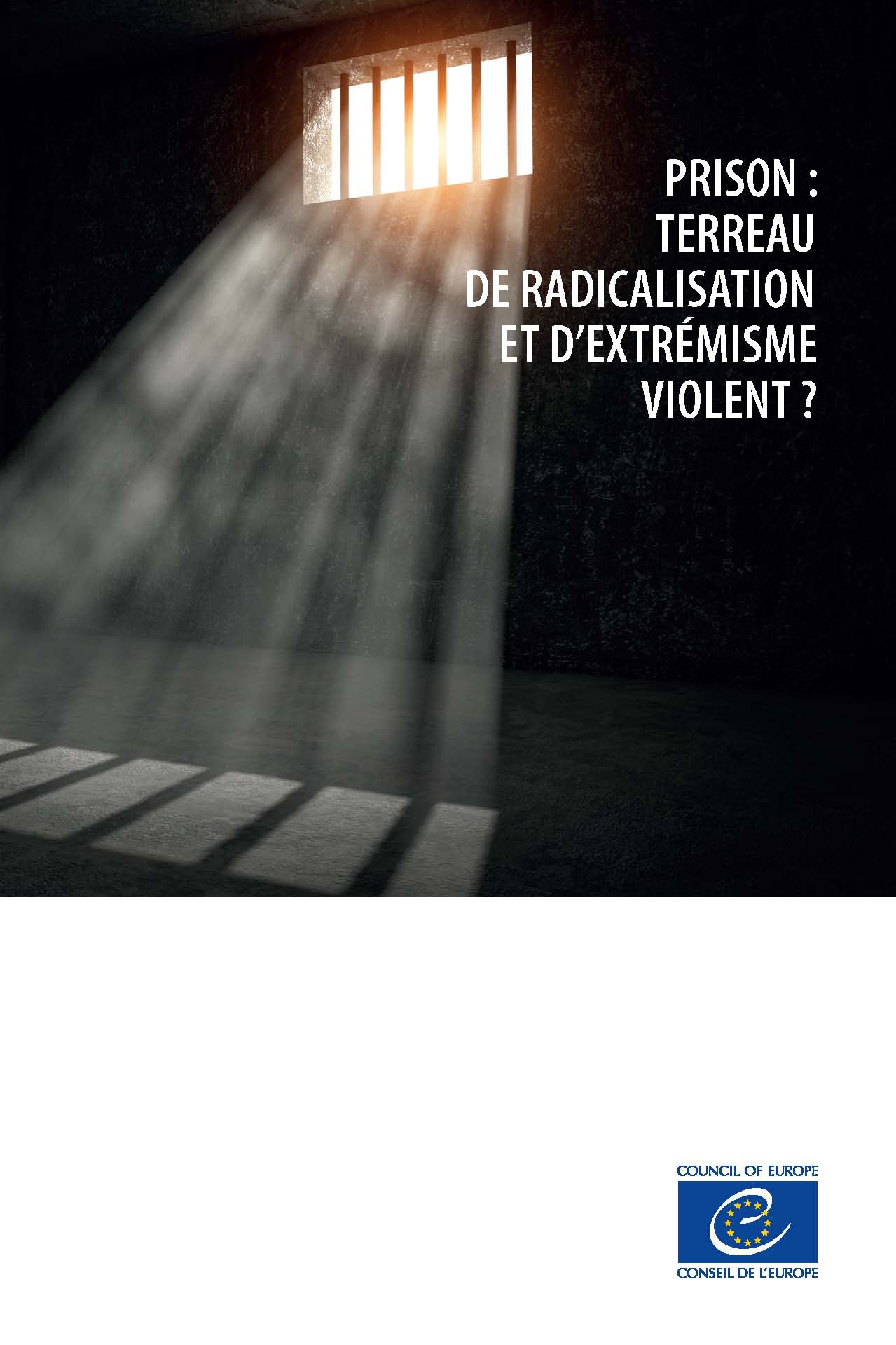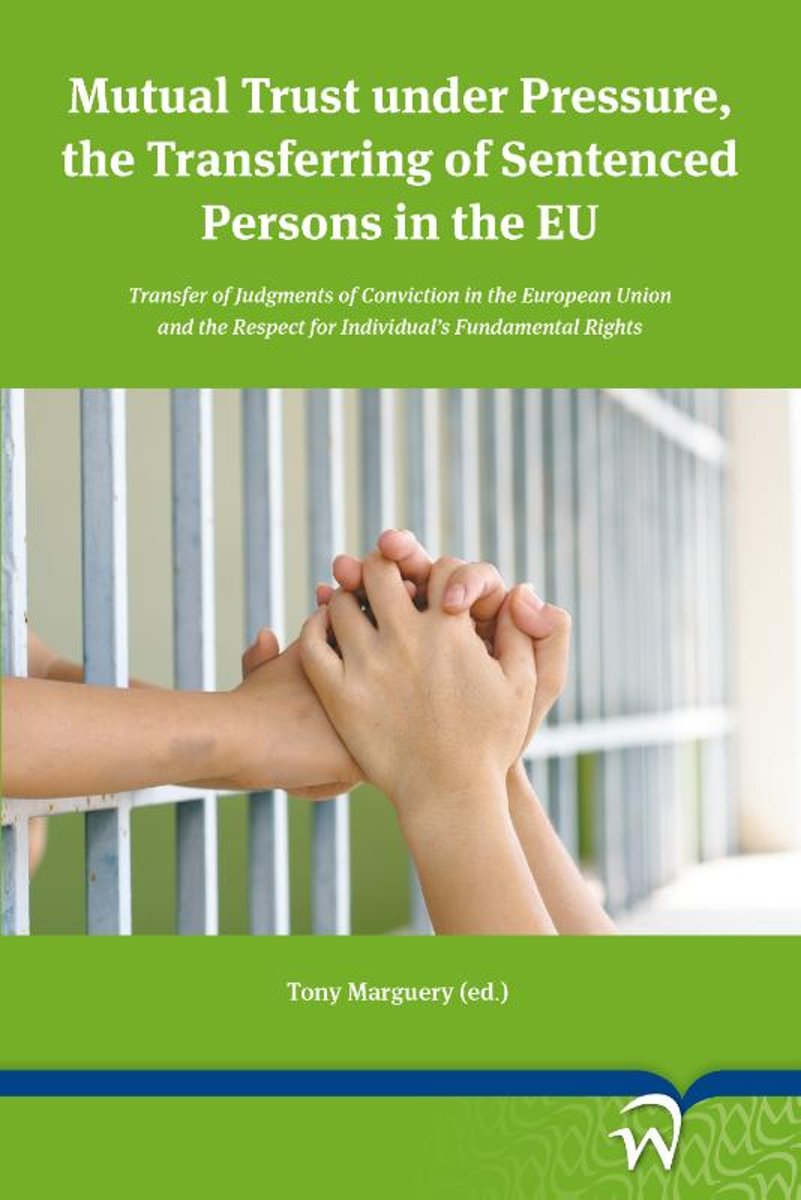This book explores the concept of punishment: its meaning and significance, not least to those subject to it; its social, political and emotional contexts; its role in the criminal justice system; and the difficulties of bringing punishment to an end. It explores how levels of criminal punishment could and should be reduced, without compromising moral standards, public safety or the rights of victims of crime.
Continue readingRestorative Justice from a childrens rights perspective
This book addresses the relationship between restorative justice and children’s rights, an issue of increasing relevance to restorative justice theory and practice that has thus far received relatively little attention. Readers will find useful reviews of international human rights documents and of legislation, policy and practices in countries in Europe, Africa, Asia, South America, North America, and Oceania. Each of the chapters demonstrates the compatibility between children’s rights and restorative justice. Adopting a rights-based approach is an important means for countries that are interested in further developing restorative justice practices, as it helps restorative processes that are new to the juvenile justice system to gain credibility as well as safeguard young participants’ rights in these processes. In countries where restorative justice has been developed, a rights approach can stimulate innovation and applications beyond the child justice system. The book focuses on both needs and rights of children and young people who caused harm or suffered harm. Some chapters also adopt a critical point of view to explore the tensions between rights and restorative justice in relation to colonisation, welfare models, and professional privilege.
For more information and the possibility to order click here.
Continue readingProfessionalism in Probation: Making Sense of Marketisation
This book explores probation staff understandings of professionalism in the aftermath of the Transforming Rehabilitation (TR) reforms to services in England and Wales. Drawing on the sociology of the professions, this book offers an original and timely contribution to the criminal justice literature, examining the ways in which professionalism in probation has been reshaped and renegotiated in response to the market logic that has dominated public services in recent decades.
Continue readingCybercrime in Context: The human factor in victimization, offending, and policing
This book is about the human factor in cybercrime: its offenders, victims, and parties involved in tackling cybercrime. It takes a diverse international perspective of the response to and prevention of cybercrime by seeking to understand not just the technological, but the human decision-making involved.
Continue readingPalgrave Studies in Risk, Crime and Society
Core Correctional Skills
the most important competencies in offender rehabilitation: relationship skills, pro-social modelling, problem solving, motivational interviewing and cognitive restructuring. Each skill is described from both a theoretical and a practical perspective and is developed through different exercises, reflection points, practice tips, scales and questionnaires. Readers are also advised on further reading or video resources.
Continue readingSentencing: A Social Process. Re-thinking Research & Policy
This book asks how we should make sense of sentencing when, despite huge efforts world-wide to analyse, critique and reform it, it remains an enigma.
Continue readingPrisoner Resettlement in Europe
Questions regarding how to improve the transitional phase from prison to life in society after release have gained major importance in the last decade in criminal policy. All over the world release preparation and resettlement practice are discussed with the aim to reduce negative effects of imprisonment and re-offending rates. Small and large reforms aiming at the improvement of release processes and reintegration strategies have taken place in many European states.
Continue readingPrison: a breeding ground for radicalisation and violent extremism?
What measures can prison authorities take to detect radicalisation in prison? How should prison staff be selected? How should they be trained to evaluate and manage the risks without abandoning high ethical standards? What role can religious representatives, psychologists, friends and family play?
Continue readingMutual Trust under Pressure, the Transferring of Sentenced Persons in the EU
Transfer of Judgments of Conviction in the European Union and the Respect for Individual’s Fundamental Rights
Continue reading

